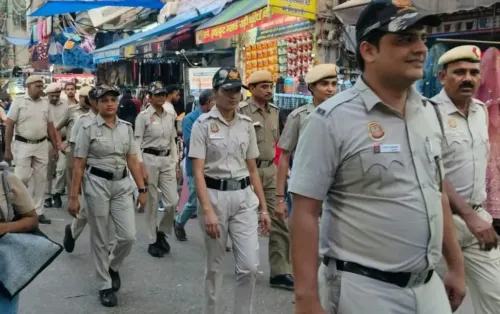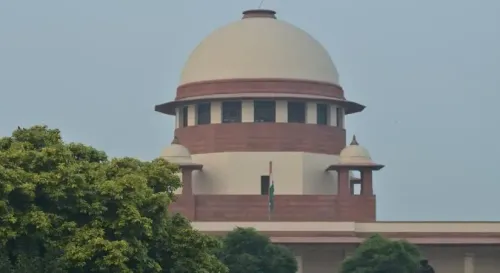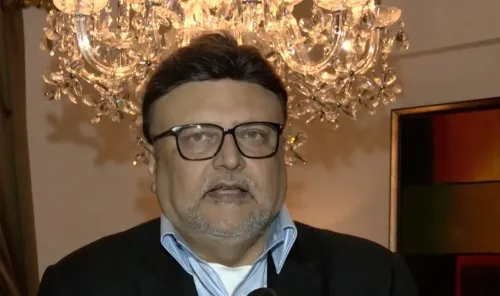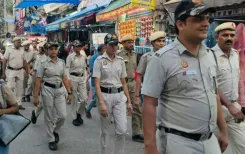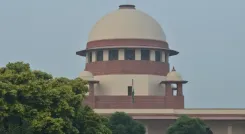Is the ECI's Directive on Burqa-Clad Voters Undemocratic?
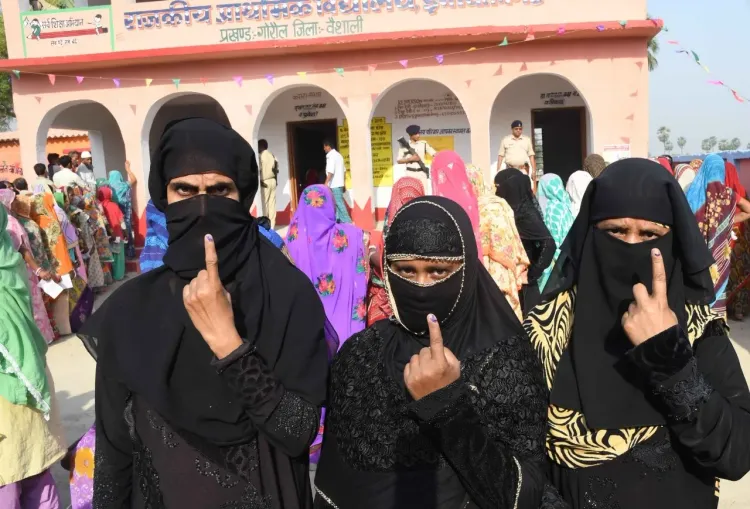
Synopsis
Key Takeaways
- ECI's directive aims to enhance voter verification.
- SP claims the directive is discriminatory.
- BJP defends the decision as necessary for election integrity.
- Public response may influence the future of the directive.
- The issue highlights tensions in electoral politics.
Lucknow, Oct 14 (NationPress) In light of the Election Commission of India's (ECI) recent directive regarding the identification of women voters in burqas, a significant controversy has emerged. The Samajwadi Party (SP) has criticized the move, claiming it undermines the principles of transparent, fair, and free elections. Meanwhile, the BJP has come forth to support the ECI's decision.
The ECI has announced that Anganwadi workers will be stationed at polling booths to assist in verifying the identities of women voters in burqas.
This directive has faced vehement opposition from the SP, which has called on the ECI to revoke the order, labeling it both discriminatory and unconstitutional.
Shyam Lal Pal, the SP president for Uttar Pradesh, submitted a memorandum to the state's Chief Electoral Officer directed at Chief Election Commissioner Gyanesh Kumar, arguing that this directive infringes upon existing ECI regulations and unjustly targets a specific community.
In his memorandum, Pal stated, “The Chief Election Commissioner Gyanesh Kumar has issued a new directive that contradicts the established rules of the Election Commission of India, raising concerns about the impartiality and transparency of the Commission. This new rule unfairly targets voters from a particular community in the country; it is undemocratic and unconstitutional. The Election Commission's decision is erroneous; this directive singles out a specific community.”
In response to the SP's criticism, Uttar Pradesh Minister Anil Rajbhar countered by accusing the party of exploiting the issue for electoral advantages.
Rajbhar challenged, “Why are you concerned? Is your political strategy reliant on bogus voters? What exactly troubles you? The identity of every voter must be verified. If the Election Commission intends to implement such a measure, who can object? If the voter is a woman, a female official will confirm her identity, so where's the issue?”
“They only express outrage when actions are taken against infiltrators. The ECI aims to eliminate bogus voters from the voter list through SIR, and they also oppose that. The public will soon respond appropriately,” he added.
Supporting the SP's position, party MP Awdesh Prasad stated, “I am in favor of the decision to petition the ECI for the withdrawal of these regulations.”


